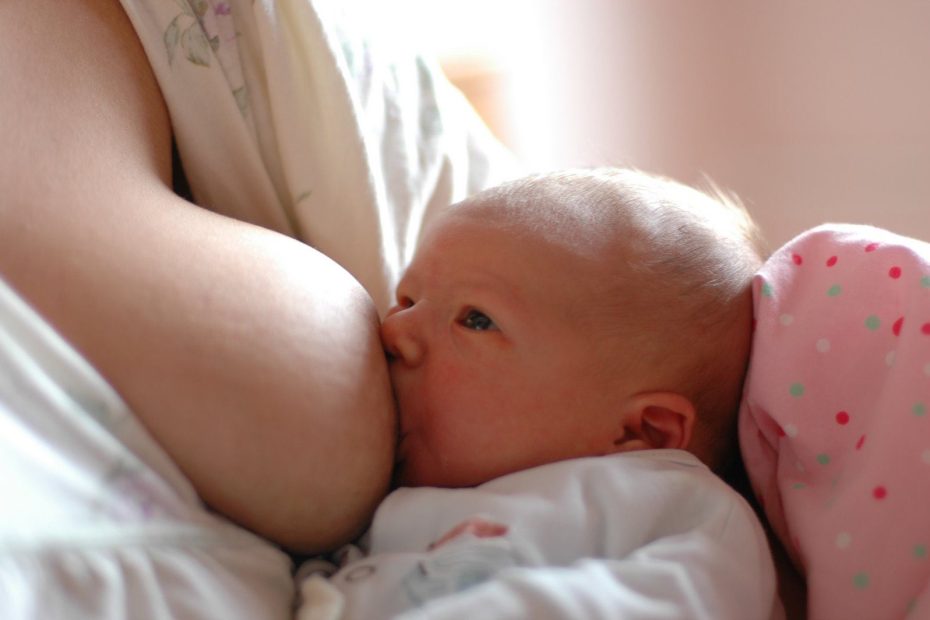Quenching the Thirst: The Vital Role of Hydration in Breastfeeding Success
Author: Dr. Jimi Francis, PhD, IBCLC, RDN, LD, RLC
As a breastfeeding mother, you’re not just nourishing your little one with the purest form of love—your breast milk also carries the essence of your hydration. Staying well-hydrated is a cornerstone of successful breastfeeding, impacting both your health and the quality of the milk you provide for your baby. In this blog post, we’ll explore the profound importance of hydration during breastfeeding and how it contributes to the well-being of both mother and child.
Adequate hydration is fundamental to maintaining a healthy milk supply. When you’re well-hydrated, your body can produce the optimal volume of breast milk required to meet your baby’s nutritional needs. Dehydration, on the other hand, can potentially lead to a decrease in milk production.
Breast milk is about 88% water. Ensuring that your body has enough fluid to draw upon is essential for the composition of breast milk. Hydration directly impacts the volume and consistency of the milk, providing your baby with the hydration they need, especially in the early months.
Breastfeeding can be demanding on a mother’s body, requiring extra fluids to compensate for the loss during the milk-making process. Dehydration can lead to fatigue, dizziness, and a decrease in milk supply, making it crucial for mothers to prioritize hydration.
Hydration supports the efficient transfer of nutrients from your bloodstream to your breast milk. A well-hydrated body ensures that the essential vitamins, minerals, and antibodies in your blood are effectively transferred to your baby through breast milk.
Breastfeeding can be intimate, and close physical contact with your baby may increase body temperature. Staying hydrated helps regulate your body temperature, ensuring you and your baby remain comfortable during feeding sessions.
Childbirth and breastfeeding contribute to fluid loss, and adequate hydration is crucial for replenishing those lost fluids. This is particularly important during the postpartum period when your body is recovering from giving birth.
Pay attention to your body’s signals for hydration. Thirst, the color of your urine (pale yellow is ideal), and the frequency of bathroom visits are good indicators of your hydration status.
While water is the primary hydrator, other fluids, such as herbal teas and milk, contribute to your overall fluid intake. Avoid excessive caffeine and sugary drinks, as they can contribute to dehydration.
Remember, individual hydration needs can vary, and no one-size-fits-all recommendation exists. Listen to your body and make a conscious effort to drink fluids regularly throughout the day.
Hydration is the unsung hero of breastfeeding, playing a central role in the health and well-being of both mother and baby. As you embark on this beautiful journey of nourishing your little one, don’t forget to nourish yourself with the elixir of life—water. Prioritizing hydration ensures that the goodness of well-hydrated, nutrient-rich breast milk complements the magical bond you share with your baby. Cheers to staying quenched on this extraordinary breastfeeding adventure!
©copywrite Dr. Jimi Francis, 2024
